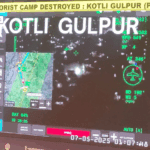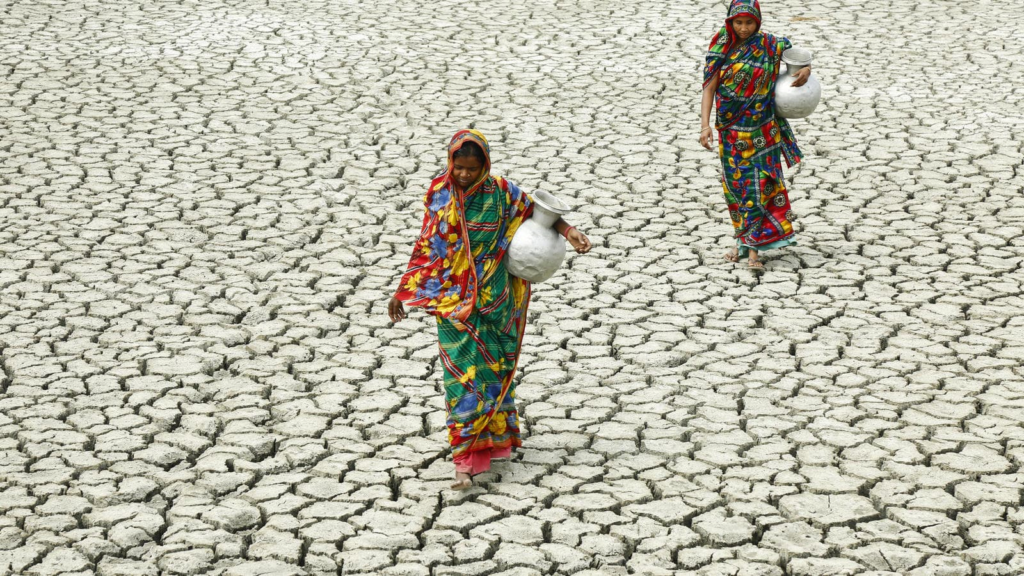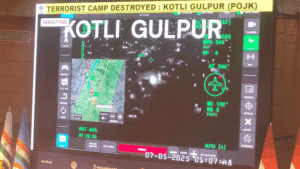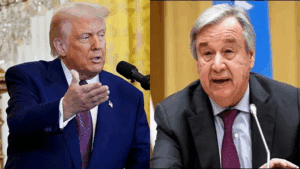Can the experts tell how to communicate climate change to Adivasi women in my community who are dealing with this crisis daily, as it has impacted their access to clean water and increased their drudgery? The question posed by Sumitra Vasavea community reporter with Baimanus from the Pawara Bhil Adivasi community in Nandurbar, Maharashtra at the national seminar on gender and climate change held in Mumbai in February at the TISS campus.
Her question cast an awkward silence in the room where several nonprofit leaders, academics, and other key stakeholders had gathered. As ‘experts’ deeply immersed in discussions about climate and as consumers of climate knowledge produced predominantly. In scientific language, we had no ready answers.
Read More: Priyanka Gandhi Vadra may contest from Wayanad
Diverse climate impacts, singular narrative
The single most dominant story on climate change is that of the accumulation of greenhouse gases. Due to the excessive burning of fossil fuels, which results in the trapping of the sun’s heat. While this story is one of many truths, it isn’t the only one. For Sumitra and her community, for instance, the climate crisis isn’t just about emission caps and renewable energy. It is also about the everyday negotiations that they have to make due to unseasonal rainfall or loss of biodiversity. Which impact their lives and livelihoods in numerous ways. However, the mainstream scientific climate discourse often approaches knowledge through a narrow, technocratic lens. Positioning the issue as universal and distant.
Read More: PM Modi reviews security situation in J&K after series of terror attacks
Civil society organisations need a feminist perspective for climate knowledge
Adopting a feminist perspective on climate change opens up a treasure trove of stories, providing diverse accounts that counter the single, dominant narrative. The knowledge generated from these stories helps empower people as changemakers rather than framing them as mere victims of the crisis. Take the example of Sushma Devi, a climate leader from Bokaro in Jharkhand who has been working for more than two years with the support of Deshaj Abhikram, a local organisation. She collects data on air quality in her panchayat and marks key air pollution hotspots.











More Stories
Shah Rukh Khan Sports Rs 21-Crore Watch at Met Gala 2025 – Here’s Why It Costs a Fortune
ऑपरेशन सिंदूर ने बॉलीवुड में भरा जोश, अक्षय बोले- जय हिंद; अनुपम समेत इन्होंने दिया रिएक्शन
Why Operation Sindoor Stands Out as India’s Unique Mission